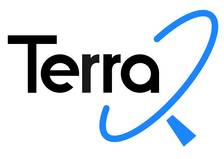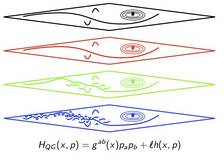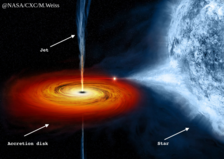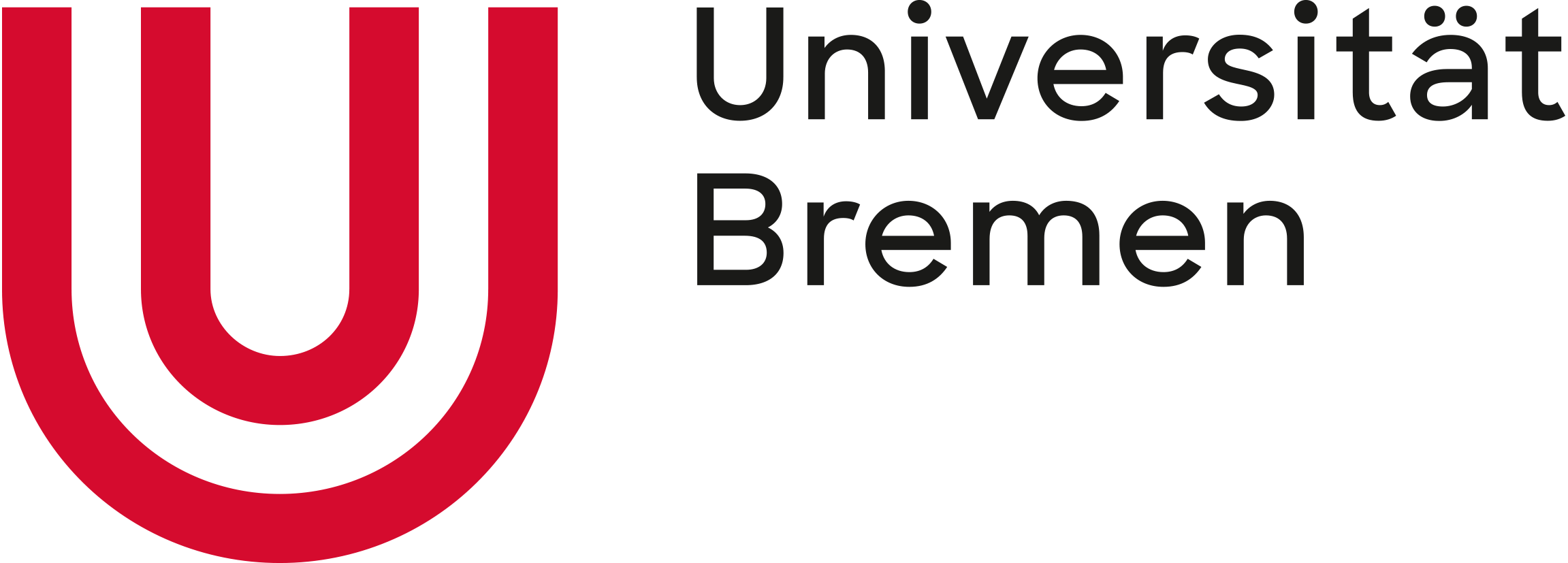Collaborative Projects

Cluster of Excellence 'QuantumFrontiers'
The QuantumFrontiers program explores light and matter at the quantum frontier, advancing quantum and nanometrology to enhance measurement precision. These innovations enable groundbreaking technologies, from probing gravitational waves to understanding quantum-scale phenomena, deepening our knowledge of nature at both cosmic and microscopic scales. more...

The long term vision of TerraQ is to create a new geodesy based on quantum physics and general relativity, enabling unique prospects for satellite geodesy, gravimetric Earth observation and reference systems.mehr...

Research Unit 'Clock Metrology: A Novel Approach to TIME in Geodesy'
This research unit develops methods to enhance geodetic reference systems by linking all space geodetic techniques to a common time system. Accurate, stable global reference frames are essential for positioning, navigation, and understanding long-term geodynamic and climate processes, including plate tectonics and sea-level change. more...

Cost Action 23130 - Bridging high and low energies in search of quantum gravity (BridgeQG)
This COST Action Network brings together theorists and experimentalists to explore the regime where gravity meets quantum physics. From astrophysical observations to precision table-top experiments, the aim is to understand Planck-scale effects and study gravity's influence on quantum systems, bridging expertise in quantum-gravity, -optics, -mechanics, and high-energy astrophysics. more...
Individual Projects

DFG Project 'Momentum dependent spacetime geometries: Traces of quantum gravity and fields in media'
This project establishes a rigorous mathematical framework for effective quantum spacetime geometries using Finsler and Hamilton geometry. It seeks to derive observable predictions (e.g., particle trajectories, time delays, light deflections), study classical and quantum field propagation on quantum spacetime, and develops the dynamics that determine the quantum spacetime geometry. mehr...

Accretion disks around black holes and neutron stars, shaped by electromagnetic fields, provide insights into strong-gravity regimes. This project explores charged fluid disks, focusing on their self-interactions through analytic models and GRMHD simulations, aiming to unravel complex phenomena in disk structure, physics, and evolution near compact objects.mehr...
Contact
Privatdozentin Dr. rer. nat. Eva Hackmann
![]() +49 421 218-57862
+49 421 218-57862
Email: eva.hackmann
Privatdozent Dr. rer. nat. Volker Perlick
![]() +49 421 218-57933
+49 421 218-57933
Email: volker.perlick


 "
"